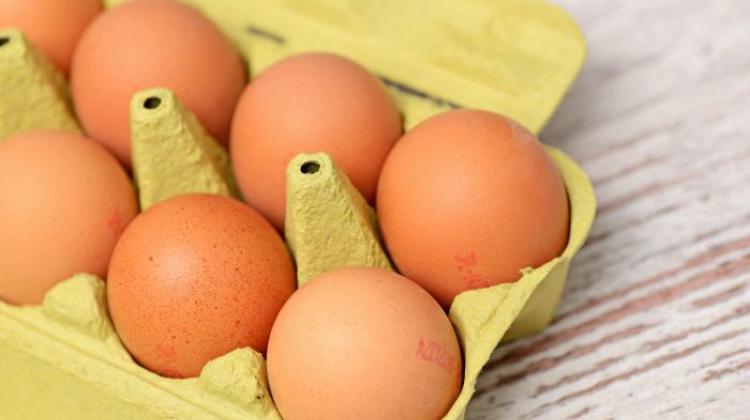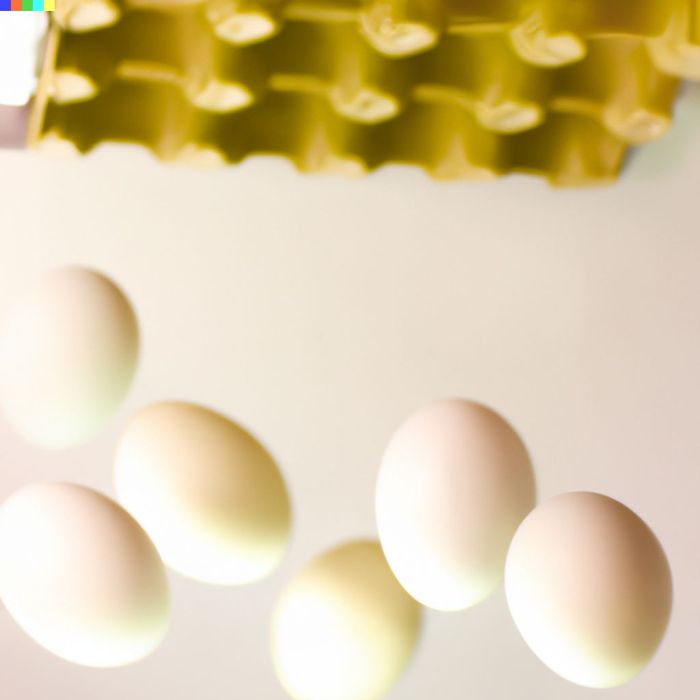Polish physicists describe counter-intuitive quantum effect
 Credit: Adobe Stock
Credit: Adobe Stock
Atoms escape from each other even though they are forced to attract each other? Polish physicists draw attention to the counter-intuitive quantum effect that, under certain conditions, occurs when the interactions between atoms suddenly change.
Imagine chicken eggs placed in cardboard trays. With a quick movement, turn the trays over so that the eggs fall onto a deep plate. And instead of staying in place or rolling towards the centre of the plate, they start to escape from the dish. On a macro scale it is impossible. In the quantum world, however, there are conditions under which something similar can be done. Scientists from the Center for Theoretical Physics of the Polish Academy of Sciences show this in their research.
In their scientific paper in Physical Review A, Professor Krzysztof Pawłowski's group carried out calculations for the following system: we arrange atoms cooled almost to absolute zero in a row. We use an optical lattice for this. Atoms strongly repel each other when they are in one trapping site of the lattice. They attract, but only weakly, when they are in adjacent trapping sites.
Now back to the egg analogy. An optical lattice is a cardboard egg tray. Each cavity holds one egg. If a second egg falls into an occupied space, it will be so unstable that it will easily roll into the adjacent cavity. Two eggs from adjacent cavities will attract each other so weakly that they will not jump into the same cavity, but they will not want to roll farther away from each other.

Then, with a quick movement, we turn the tray over, place the eggs on a large plate and remove the tray. Returning to the world of atoms - this can be done by changing the magnetic field so that atoms attract each other even when they are in the same trapping site of the lattice. Physicists call such a rapid change a quench.
'We expected atoms to remain in their places, just like in the egg tray trick,' says Maciej Marciniak, the author of the calculations. 'It would not surprise us if all atoms wanted to gather in one place, after all, all interactions are attractive after a quench,’
There are indeed conditions when what happens is exactly what intuition suggests.
'In some cases, the state of the system does not change after a quench. This phenomenon is known as the super-Tonks-Girardeau effect,’ Professor Krzysztof Pawłowski tells PAP - Science in Poland.
What surprised scientists was the behaviour of the system when the conditions for the super-Tonks-Girardeau effect were not met.
Theoretical calculations of Polish researchers show that atoms in such a situation begin to move away from each other, although at first glance - they should not. 'It is as if we arranged magnets in a line so that they would attract each other, and they started to repel each other instead,’ say the authors of the study.
How does it happen? In the first case, when the super-Tonks-Girardeau effect occurs, the initial state of the system is also a possible quantum state of the system with purely attractive interactions. In other words, both eggs in a tray and eggs placed on a plate can stay in exactly the same place.
However, in the case described by Warsaw physicists, the conditions are different and such a state of equilibrium does not exist. It would be a Sisyphean task to try to arrange eggs on a plate in the same way as in a tray. The eggs will not stay still, no matter what you do. They will start to push each other away and run away to the sides.
How can you imagine this in practice? 'Consider a liquid with a fairly typical interaction between the atoms that for it: the atoms attract each other slightly if they are far away, but strongly repel each other if they are too close. It turns out that after a step change in the interaction (which is possible with current technology) so that atoms attract each other regardless of the distance, such a drop not only does not start to cluster, but on the contrary - it slowly evaporates,’ the researchers explain.
This counter-intuitive effect is a result of the principle of conservation of energy and quantum correlations between atoms. It can be used to test quantum effects and sample quantum phases.
'We hope that this effect will soon be observed experimentally. This would allow for continuous verification of our knowledge about the coldest matter in the Universe,’ the scientists say.
PAP - Science in Poland, Ludwika Tomala
lt/ agt/ kap/
tr. RL
Przed dodaniem komentarza prosimy o zapoznanie z Regulaminem forum serwisu Nauka w Polsce.


















